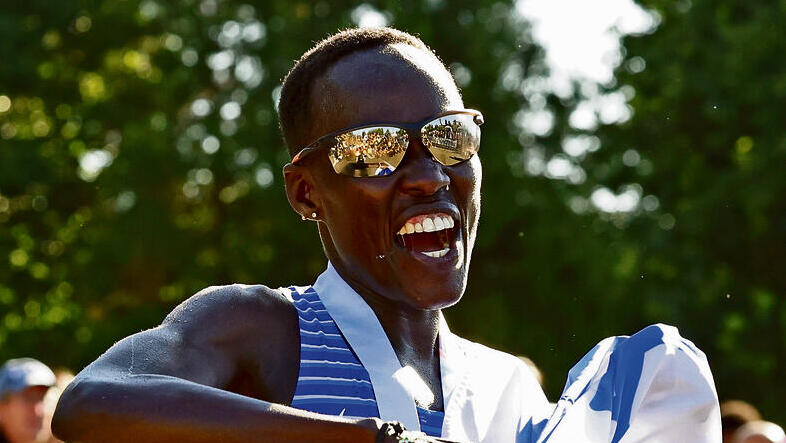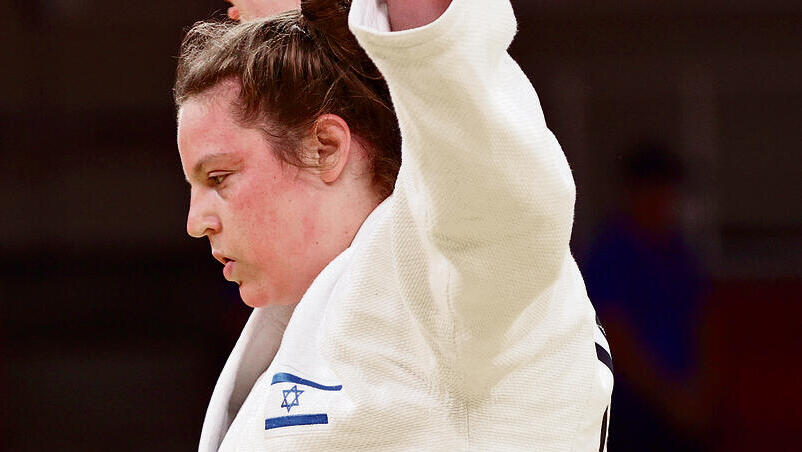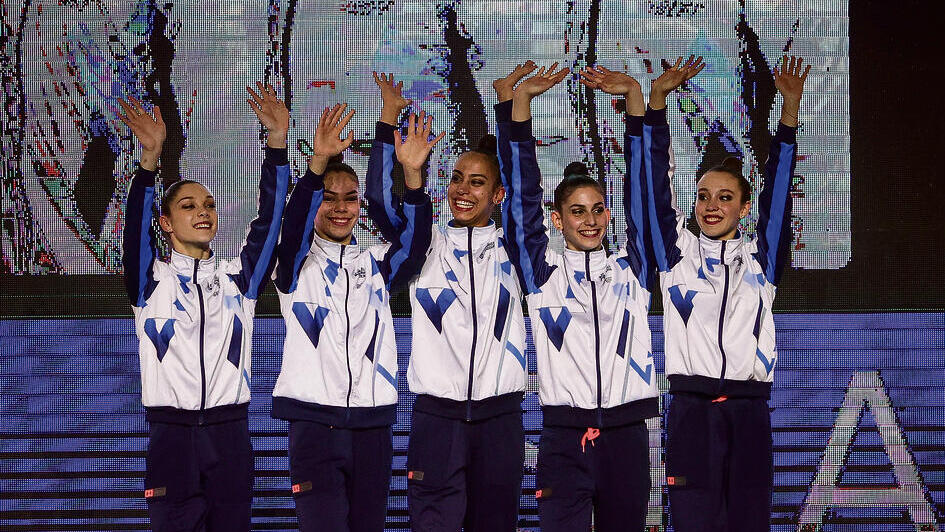Women's sports in Israel are like science fiction, unique in the world and especially in sports. Israeli women lack the American Title IX, which ensures equal sports budgets for men and women in federally funded institutions.
They also don't have the inherent equality seen in most Western European countries between men's and women's sports, nor do they have the status of Eastern European athletes who are sometimes doped to glorify their party or country.
Israeli female athletes face subpar conditions, begging for the minimum while watching less successful male counterparts receive more funding and resources simply because they have more testosterone. In this context, representation, competitiveness, championships, world titles, and Olympic medals seem like a mirage. Moses brought water from a rock? Try winning an Olympic medal as a woman in Israel.
Women's sports in Israel illustrate the difference between feminist theory and feminist action. Consider this: all the sacrifices, training, suffering, and tears for a single moment, once every four years. Throughout those four years, they watch their male counterparts receive everything they ask for, while they settle for scraps. Yet, they continue to jump, swim, run, and train because it brings them joy, empowers their femininity, reduces modern societal dangers for women, and increases their chances for equality.
Sports often reflect the society in which they are played. Women's achievements in sports reflect how we wish to see women in our society—not the budgetary and infrastructural discrimination, but the successes despite these conditions, the door-opening, sometimes by force when necessary. It's not just about excellent results and achievements, though those matter too. Despite representing only about 25% of Israel's Olympic delegation, women hold 33% of the medals. Yael Arad, Israel's only Olympic silver medalist, is the first woman to chair the Israeli Olympic Committee. How many women in the business world started as bank tellers and ended up as finance ministers?
If Arad's example doesn't convince you, consider Alona Barkat the owner of Hapoel Be'er Sheva F.C. How many women own teams in Western European leagues? How many, if any, own men's teams in their country's top three leagues? That we've come to take Barkat's ownership for granted is symptomatic of how much more successful women's representation in sports is compared to their representation in the real world.
I love reading, hearing, and watching women's sports in Israel. I understand what's behind every hit, every lap, every lift. The frustration over budgets, infrastructure, and the lack of interest in what they do. But they show everyone.
And they have shown everyone. After Arad's silver came the bronze medals of Yarden Gerbi and Avishag Semberg, and of course, Linoy Ashram's gold. In Paris, judokas Raz Hershko and Inbar Lanir, marathon runner Lonah Chemtai Salpeter, swimmer Anastasia Gorbenko, and the rhythmic gymnastics team will vie for medals.
I dislike referring to athletes as heroes. To me, very few athletes are true heroes—those who have shattered social barriers of color, race, ethnicity, and religion. But every time I read about Israeli female athletes, I feel a small spring in my heart. I understand what they had to overcome: stereotypes, obstacles, discrimination, and inequality. Anyone who has overcome that is a true hero in my eyes. They embody Israeli sports, not just as an ornament. Every Israeli female athlete is a hero to me, having done the unimaginable and beaten the odds.
Every time I read about Israeli female athletes, I feel a small spring in my heart. I understand what they had to overcome: stereotypes, obstacles, discrimination, and inequality.




